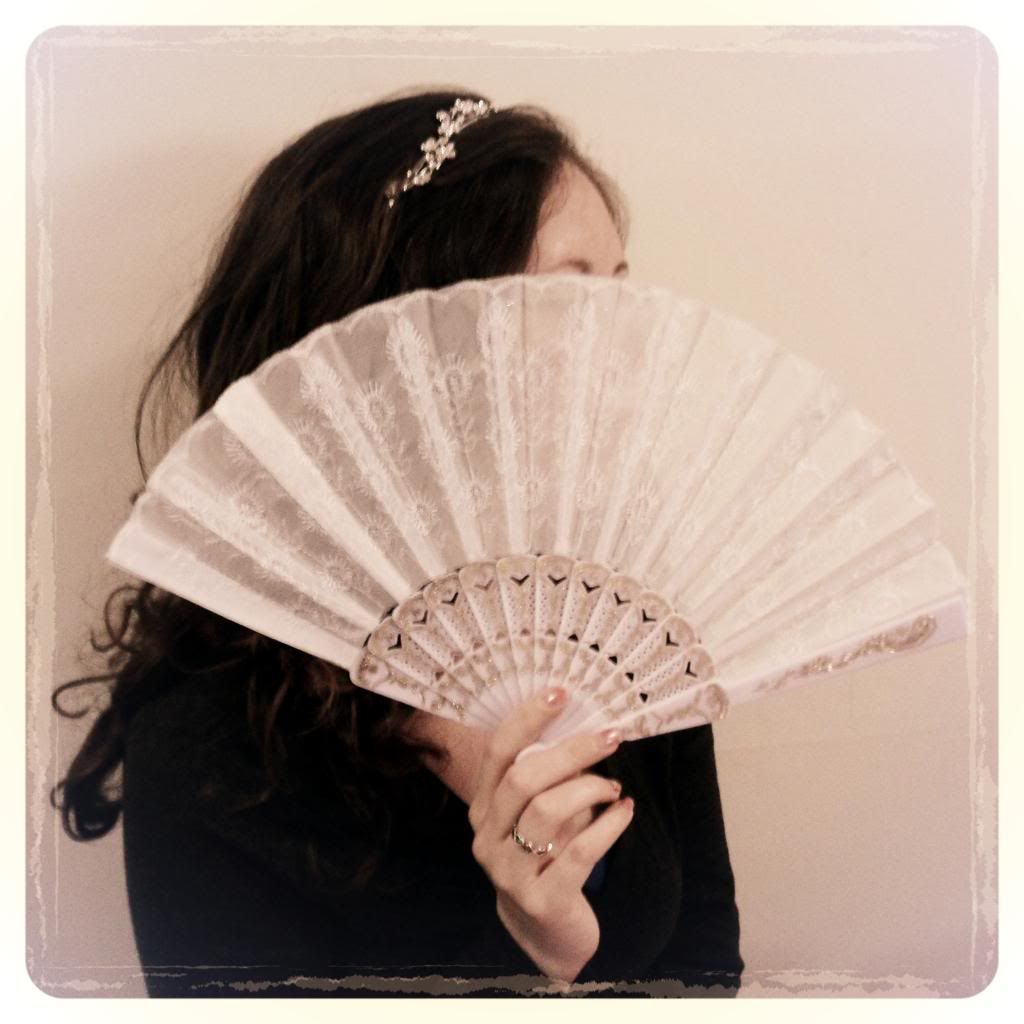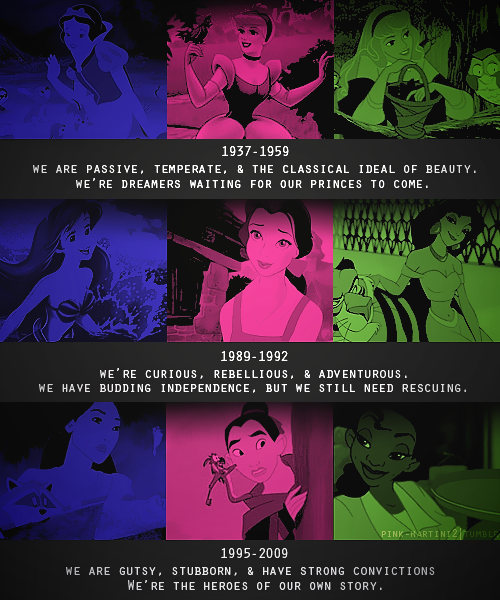White men.
I realize I'm painting with a broad brush, but the fact remains that schools still teach white male narratives as Normal, but stories of people of color (POC) or women as Other.
Even Google has problems representing historic figures who aren't white men.
 |
| via Spark Movement |
When we do remember the stories of black Americans, we confine their history to the abolition of slavery in the 1860s and the Civil Rights Movements in the 1960s. Absolutely we should study Frederick Douglass, and Sojourner Truth, and Harriet Tubman. We should all know the names of Rosa Parks, Dr. Martin Luther King Jr., and Malcolm X.
But the history of black Americans is greater than two decades worth of accomplishments.
In school, we learn about Joseph Smith, who founded the Church of Jesus Christ of Latter-day Saints in 1830. But do our teachers mention Richard Allen, who founded the African Methodist Episcopal Church in 1816?
We read Emily Dickinson's poetry in English class, after skipping over Phillis Wheatley.
Everyone knows about Amelia Earhart's accomplishments, but what about Bessie Coleman's aviation record?
Until the history of black Americans, and the history of women, are fully integrated into our classrooms, we will continue to have a need for two months dedicated to their history.
This month, I encourage you to research not only women's history, but specifically the history of women of color (WOC). Found at the intersection of both racism and sexism, they are the most underrepresented.
For bonus points, go beyond the history of famous people. Discover the lives of everyday women in different time periods and different geographic regions. American history is much richer than a list of presidents and wars!
What was your K-12 education like?
Did you escape the male white narrative?
Let me know in the comments!
*Disclaimer: My degree is in history, and I also minored in Women's and Gender Studies. My points on who is and is not studied in school are based on my public school classes, not counting my AP US History class. I certainly don't expect the average person to have the same sort of historical knowledge I acquired with my college degree!





